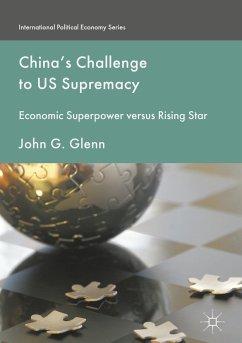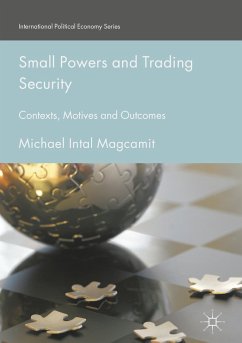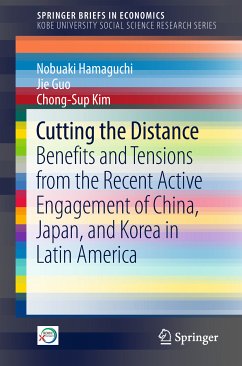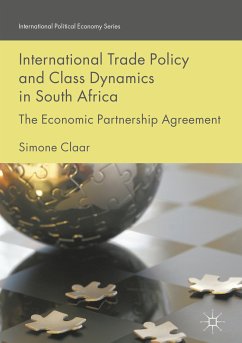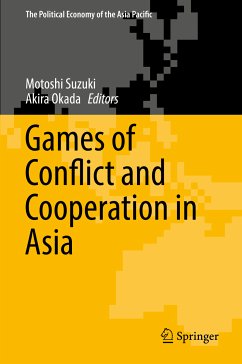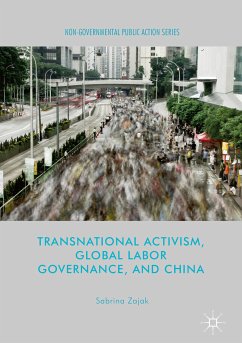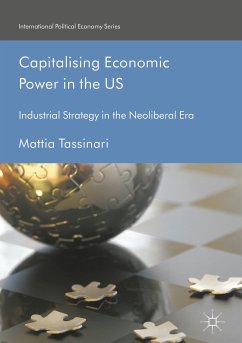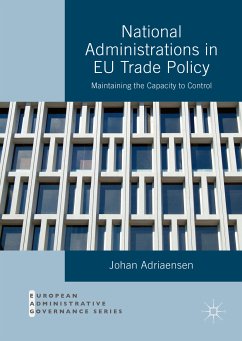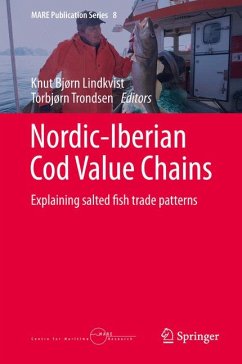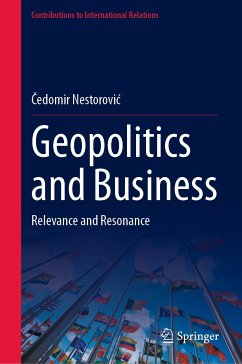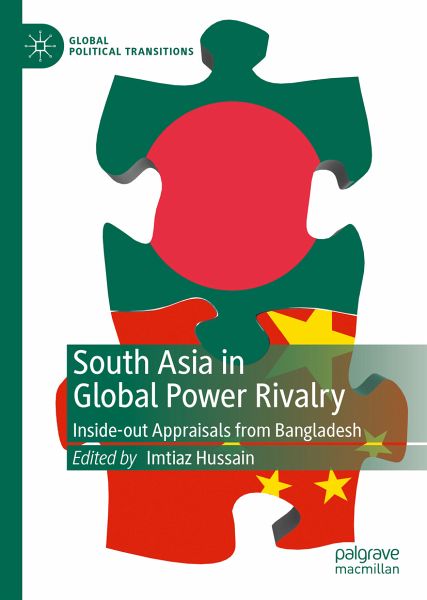
South Asia in Global Power Rivalry (eBook, PDF)
Inside-out Appraisals from Bangladesh
Redaktion: Hussain, Imtiaz
Versandkostenfrei!
Sofort per Download lieferbar
64,95 €
inkl. MwSt.
Weitere Ausgaben:

PAYBACK Punkte
32 °P sammeln!
This edited volume examines global power-rivalry in and around South Asia through Bangladeshi lenses using imperfect and overlapping interest concentric-circles as a template. Dynamics from three transitions -the United States exiting the Cold War, China emerging as a global-level power, and India's eastern interests squaring off with China's Belt Road Initiative, BRI-help place China, India, and the United States (in alphabetical order) in Bangladesh's "inner-most" circle, China, India, and the United States in a "mid-stream" circle, and the United States and Latin America, among other countr...
This edited volume examines global power-rivalry in and around South Asia through Bangladeshi lenses using imperfect and overlapping interest concentric-circles as a template. Dynamics from three transitions -the United States exiting the Cold War, China emerging as a global-level power, and India's eastern interests squaring off with China's Belt Road Initiative, BRI-help place China, India, and the United States (in alphabetical order) in Bangladesh's "inner-most" circle, China, India, and the United States in a "mid-stream" circle, and the United States and Latin America, among other countries, in the "outer-most" circle, depending on the issue.
In an atmosphere of short-term gains over-riding long-term considerations, the desperate, widespread search for infrastructural funding inside South Asia enhances China's value, raises local heat, releases new challenges, with costly default consequences looming, issue-specific analysis overtaking formal bilateral relations and a stubborn uncertainty riddling the Bangladeshi air as its policy preferences stubbornly show more certainty.
Dieser Download kann aus rechtlichen Gründen nur mit Rechnungsadresse in A, B, BG, CY, CZ, D, DK, EW, E, FIN, F, GR, HR, H, IRL, I, LT, L, LR, M, NL, PL, P, R, S, SLO, SK ausgeliefert werden.
Alle Preise in Euro und inkl. der gesetzl. MwSt. | Innerhalb Deutschlands liefern wir preisgebundene Bücher versandkostenfrei. Weitere Informationen: bitte hier klicken
Support
Bitte wähle dein Anliegen aus:
Rechnungen
Bestellstatus
Retourenschein
Storno



